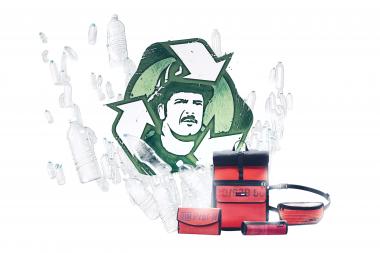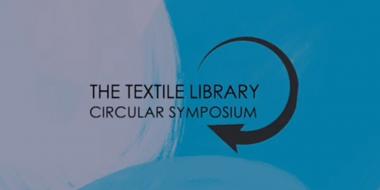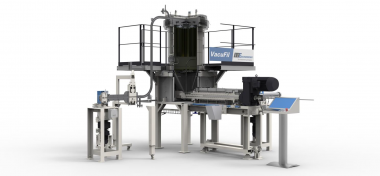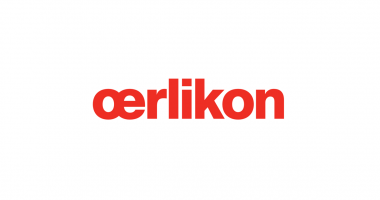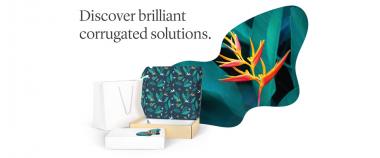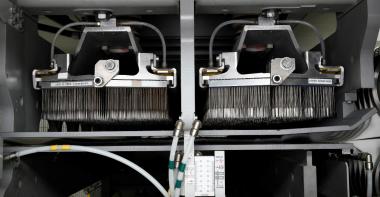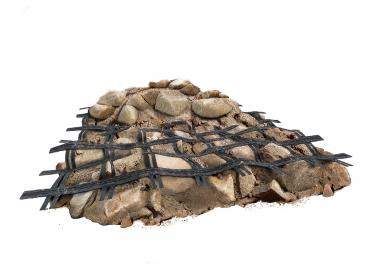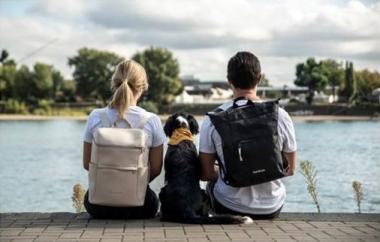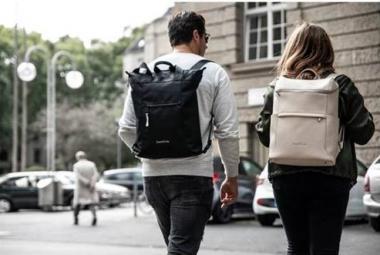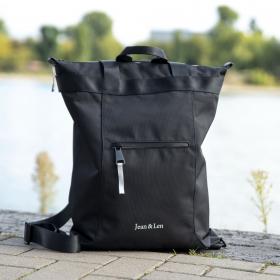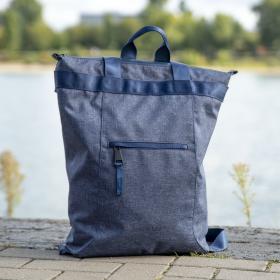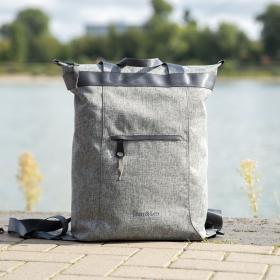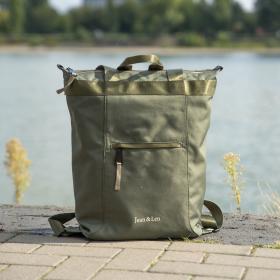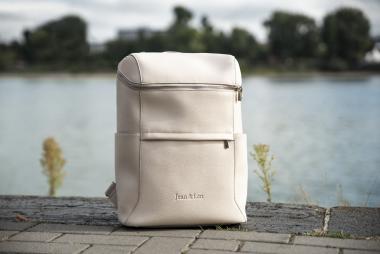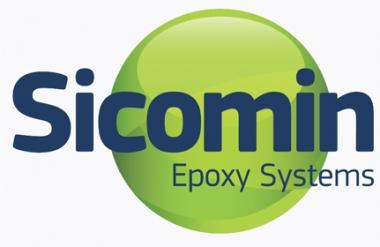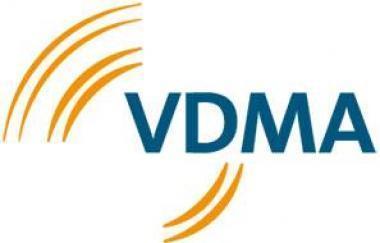Das Label Feuerwear setzt auf Nachhaltigkeit
Bereits seit über 15 Jahren legen Firmengründer und -inhaber Martin und Robert Klüsener und ihr Team größten Wert auf die Wiederverwendung gebrauchter Rohmaterialien. So ist die Basis eines jeden Feuerwear-Produktes – ob Hip Bag, Portemonnaie, Rucksack oder Tasche – seit jeher gebrauchter Feuerwehrschlauch. Doch auch bei den Fertigungsprozessen und den weiteren eingesetzten Materialien stehen Nachhaltigkeit und das Upcycling an erster Stelle. So wird seit 2021 neben gebrauchtem Feuerwehrschlauch auch Gewebe aus gebrauchten PET-Flaschen für die Feuerwear-Unikate eingesetzt.
„Unser Ziel ist es, möglichst viele Bestandteile unserer Produkte aus nachhaltig gefertigten – im Bestfall recycelten – Rohmaterialien herzustellen“, berichtet Robert Klüsener, Martins Bruder und ebenfalls Geschäftsführer bei Feuerwear.
Um auch die Transportwege klein zu halten, legt Feuerwear wert auf möglichst regionale, bzw. nationale Partner und Lieferanten. „Unsere Schläuche stammen beispielsweise alle aus deutschen Feuerwehrwachen “, informiert Robert Klüsener. Auch bei der Wahl des Lieferanten des recycelten PET-Gewebes wurde Wert auf einen in Deutschland ansässigen Partner gelegt.
„Wir sind immer auf der Suche nach neuen Partnern und Lieferanten, die uns gebrauchte Rohware, oder aus recyceltem Rohstoff gefertigte Teile, für unsere Produkte zuliefern können“, berichten die beiden Geschäftsführer. Denn das Ziel von Feuerwear ist es, möglichst viele Bestandteile der Produkte aus wiederverwendeten Materialien herzustellen und somit langlebige Produkte mit bleibendem Wert zu schaffen.
Profil Marketing


